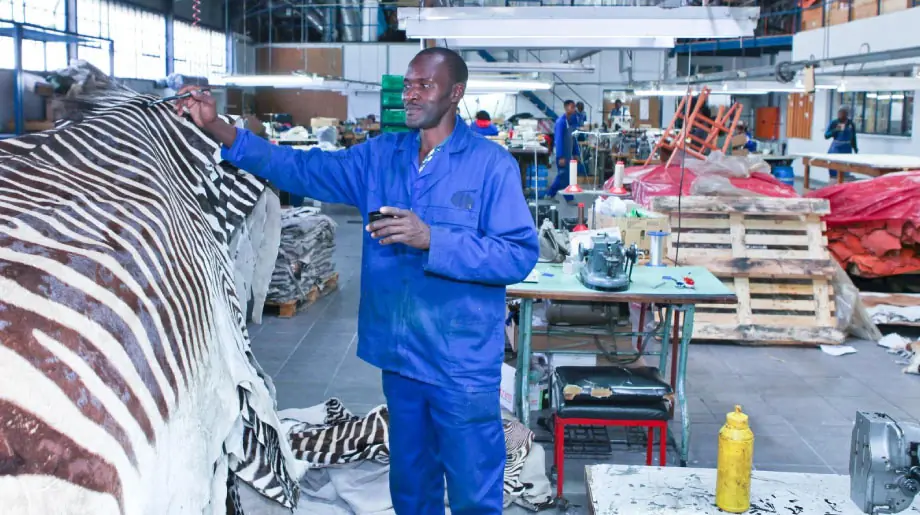Namibia’s long term development goal is to be “a prosperous and industrialized country, developed by her human resources, enjoying peace, harmony and political stability” by 2030.
The manufacturing sector plays a strategic role in economic development and is a component of industry that presents greater opportunities for sustained growth, employment, and income inequality and poverty reduction.
Manufacturing activities in the country are concentrated in the subsectors of meat processing, fish processing, other food and beverages, and mineral beneficiation. The latter largely represents the smelting of copper and zinc ore, and the cutting and polishing of rough diamonds.
Manufacturing has been identified as an economic priority in the National Development Plan as well as in the “Growth at Home” strategy with “Promotion of local value addition” being the most important feature in the strategy. Namibia’s Industrial Policy aims at improving export competitiveness, increasing domestic production and creating an enabling environment for industries.
The manufacturing sector plays a strategic role in economic development and is the component of industry that presents greater opportunities for sustained growth, employment and poverty reduction, in Namibia’s ambitions to industrialize. While the size of the domestic market is small, the potential of regional markets of its membership to SACU and SADC ensures access to a market of over 55 million and 300 million people, respectively.
The government has also signed various preferential free trade agreements with a number of countries, including the SADC region. The country therefore has the potential of engaging in the production of other manufactured products which are currently not being produced, as this allows for potentially larger market access for locally produced products.
